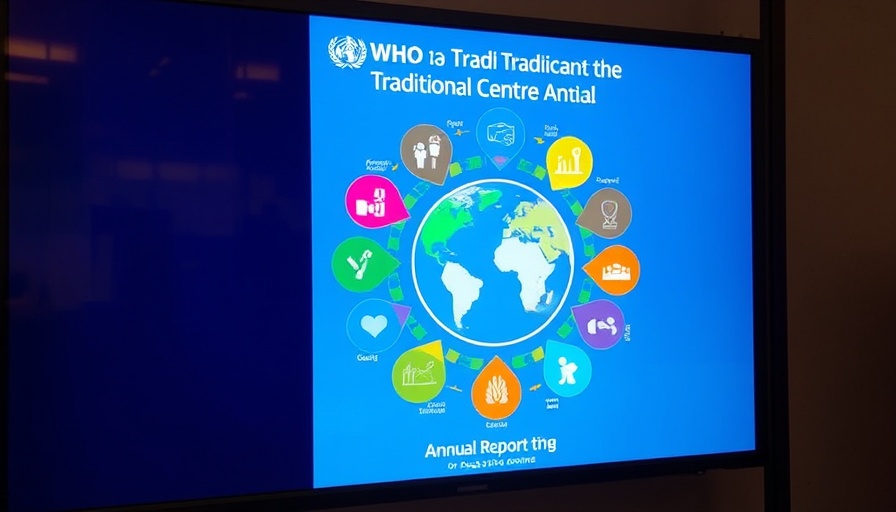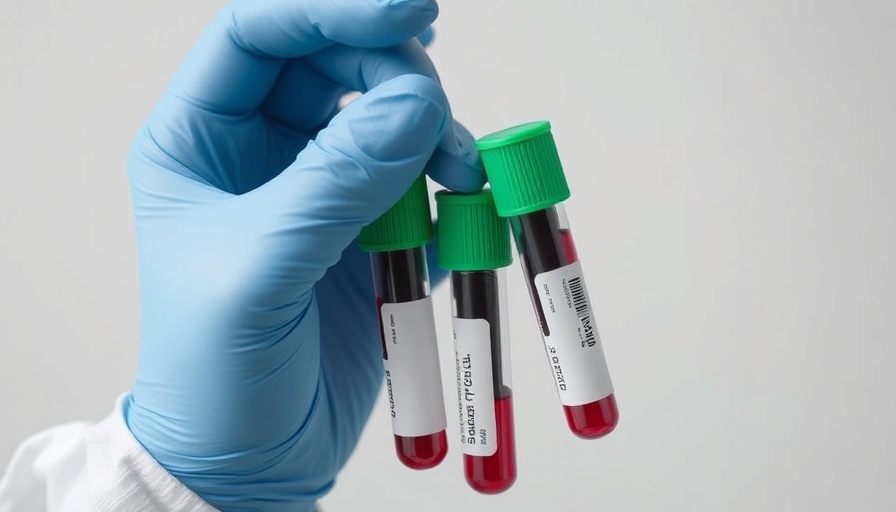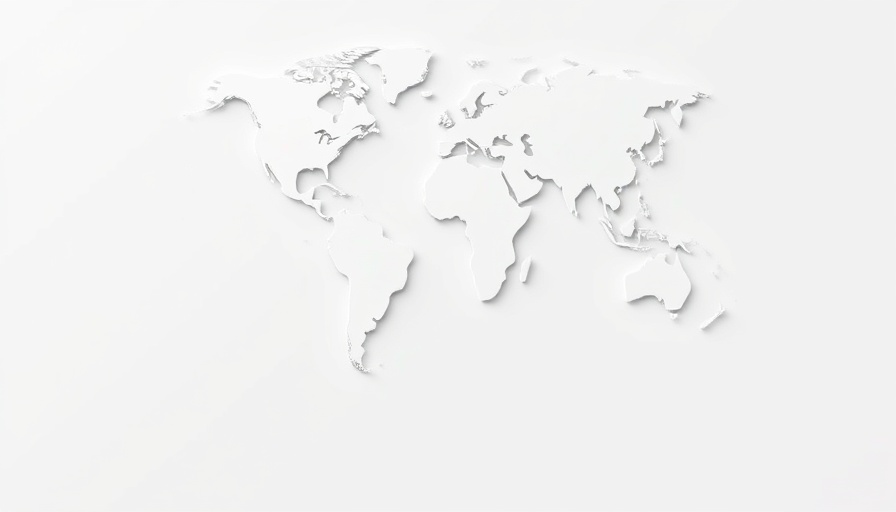
Global Health Trends Shaping Our Future
The World Health Organization (WHO) has been at the forefront of addressing numerous health crises across the globe. With a focus on key issues like mental health, sustainable living, and alternative health options, WHO continues to provide essential news that impacts individuals everywhere.
Understanding Zoonotic Malaria: A Rising Threat
On May 23, 2025, WHO released a report from a technical consultation that delves into the control of zoonotic malaria. This meeting included vital stakeholders and health experts who collaborated to address a growing concern. Malaria, often seen as a tropical disease, is evolving and becoming a pressing threat due to changing environmental conditions, calling for increased awareness and action.
Quality Standards for Spectacles: A Global Health Initiative
Also highlighted is a new guide on quality standards for spectacles, which represents a crucial step in improving vision care worldwide. This guide simplifies complex standards, making it easier for healthcare providers to deliver effective eye care. Ensuring everyone has access to proper vision correction is essential for overall health and well-being, particularly for populations vulnerable to eye health issues.
Reflecting on Suicide Rates and Mental Health
In a stark illustration of the ongoing mental health challenges, the WHO reported that 727,000 individuals died by suicide in 2021, marking it as the third leading cause of death among those aged 15-29. This statistic emphasizes the urgent need for mental health resources and awareness campaigns. It encourages communities worldwide to foster environments where mental wellness is prioritized and supported.
Environmental Health: Pollution and Deforestation Updates
The WHO also sheds light on pressing environmental policy news, particularly concerning pollution and deforestation. As reports detail the alarming levels of pollution affecting health and ecosystems, there’s a growing call for integrated strategies that address these challenges. With the oceans and forests being crucial to global health, initiatives to combat these issues are increasingly vital.
Coming Together to Address International Health Crises
The aforementioned topics highlight the interconnectedness of health issues, from environmental policies to mental health. Addressing these challenges requires a coordinated global effort, involving various stakeholders from governmental bodies to non-profits and community organizations. Each individual can contribute, whether by advocating for local policies, making healthy choices, or simply staying informed about global health events.
The Role of the World Health Organization in Empowering Communities
WHO's guidance is not just about reporting on health statistics; it provides a framework for understanding the broader implications of health trends. The organization empowers communities through education and is pivotal in forging paths toward better health outcomes globally. By promoting healthy living and alternative health options, WHO inspires individuals to make lifestyle changes that contribute to collective well-being.
Conclusion: Take Action for a Healthier Future
As we navigate these evolving health challenges, staying informed and advocating for positive changes within our communities is more crucial than ever. The current updates from WHO serve not only as alerts but also as calls to action, prompting individuals and communities to engage actively with their health and their environment. Together, we can create a compound effect of awareness and action toward a healthier future.
 Add Row
Add Row  Add
Add 




 Add Row
Add Row  Add
Add 

Write A Comment